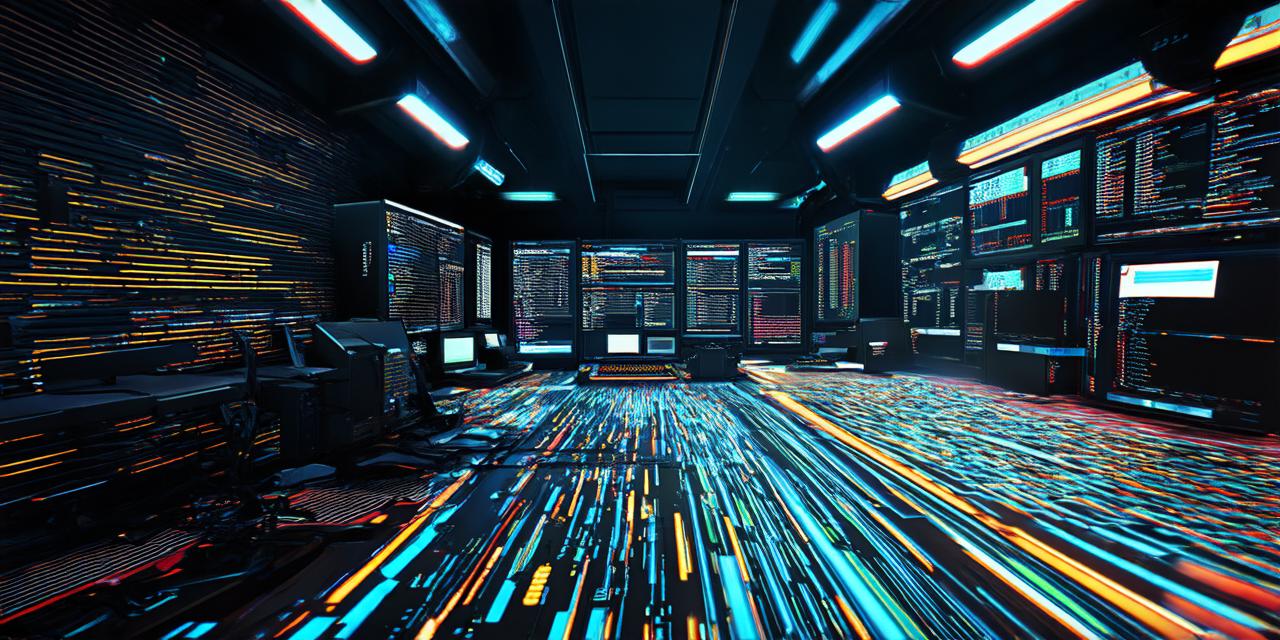
Choosing the Right Programming Language
One of the biggest challenges in game programming is choosing the right programming language. There are many options available, each with its own strengths and weaknesses.
- C++: This low-level language is widely used for game development due to its speed and efficiency. However, it can be difficult to learn and use, especially for beginners, and lacks features such as garbage collection.
- Java: This high-level language offers strong performance, portability, and simplicity, making it a popular choice for many games. However, it can be slow compared to C++ and lacks low-level control over the hardware.
- Python: This interpreted language is easy to learn and use, with a large library of pre-built modules and tools for game development. It’s also platform-independent, meaning you can write code once and run it on multiple platforms. However, it can be slow and not suitable for demanding games that require low-level control over the hardware.
- Unity: This game engine is popular among beginners due to its simplicity and ease of use. It comes with a built-in scripting language and allows you to create games for multiple platforms using the same codebase. However, it can be limiting in terms of performance and customization, and may not be suitable for more complex games.
Choosing the Right Frameworks
In addition to programming languages, game developers also need to choose the right frameworks for their project. Some popular options include:
- Unreal Engine: This powerful game engine is used by many professional game studios due to its advanced graphics and physics capabilities. It comes with a built-in scripting language and supports multiple programming languages, making it flexible and customizable. However, it can be difficult to learn and use, especially for beginners, and may require a significant investment in hardware.
- Unity: This popular game engine is known for its simplicity and ease of use, with a large community of developers contributing to its growing library of pre-built tools and assets. It supports multiple platforms and programming languages, making it a versatile option for many games. However, it can be limiting in terms of performance and customization compared to Unreal Engine.
- CryEngine: This advanced game engine is known for its high-performance graphics and physics capabilities, with support for virtual reality and augmented reality. It comes with a built-in scripting language and allows for complete customization of the engine, making it suitable for complex games that require low-level control over the hardware. However, it can be difficult to learn and use, especially for beginners, and may require significant investment in hardware.
Choosing the Right Hardware
In addition to programming languages and frameworks, game developers also need to choose the right hardware for their project. This includes everything from CPUs and GPUs to memory and storage. For example:
- CPUs: Game development requires a powerful CPU that can handle complex calculations and multitasking. Popular options include Intel Core i7 and AMD Ryzen 7, both of which offer high clock speeds and multiple cores for maximum performance.
- GPUs: Graphics processing units (GPUs) are essential for rendering high-quality graphics in games, with popular options including Nvidia GeForce and AMD Radeon. These GPUs come with dedicated memory for accelerating graphics operations and can be overclocked for even higher performance.
